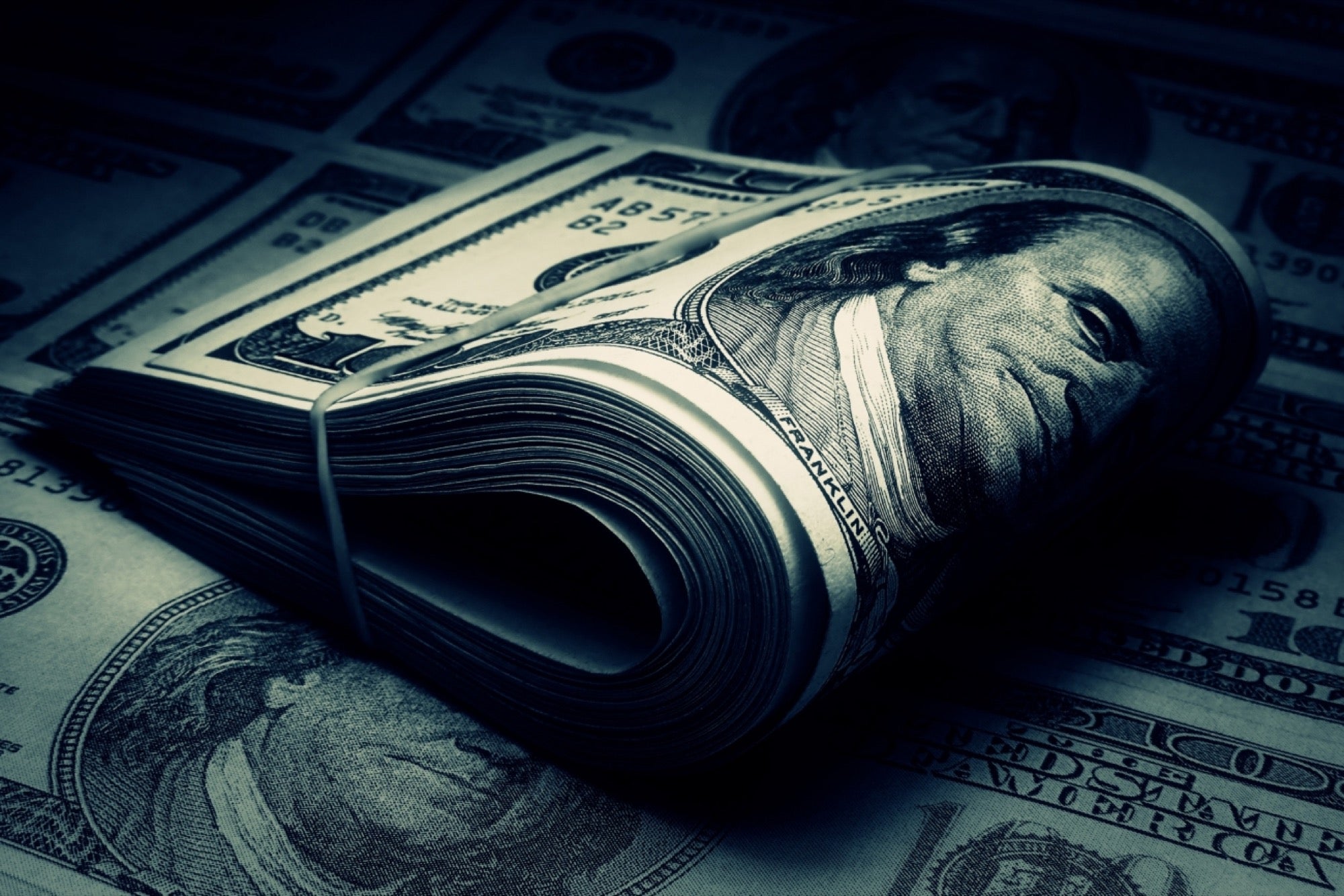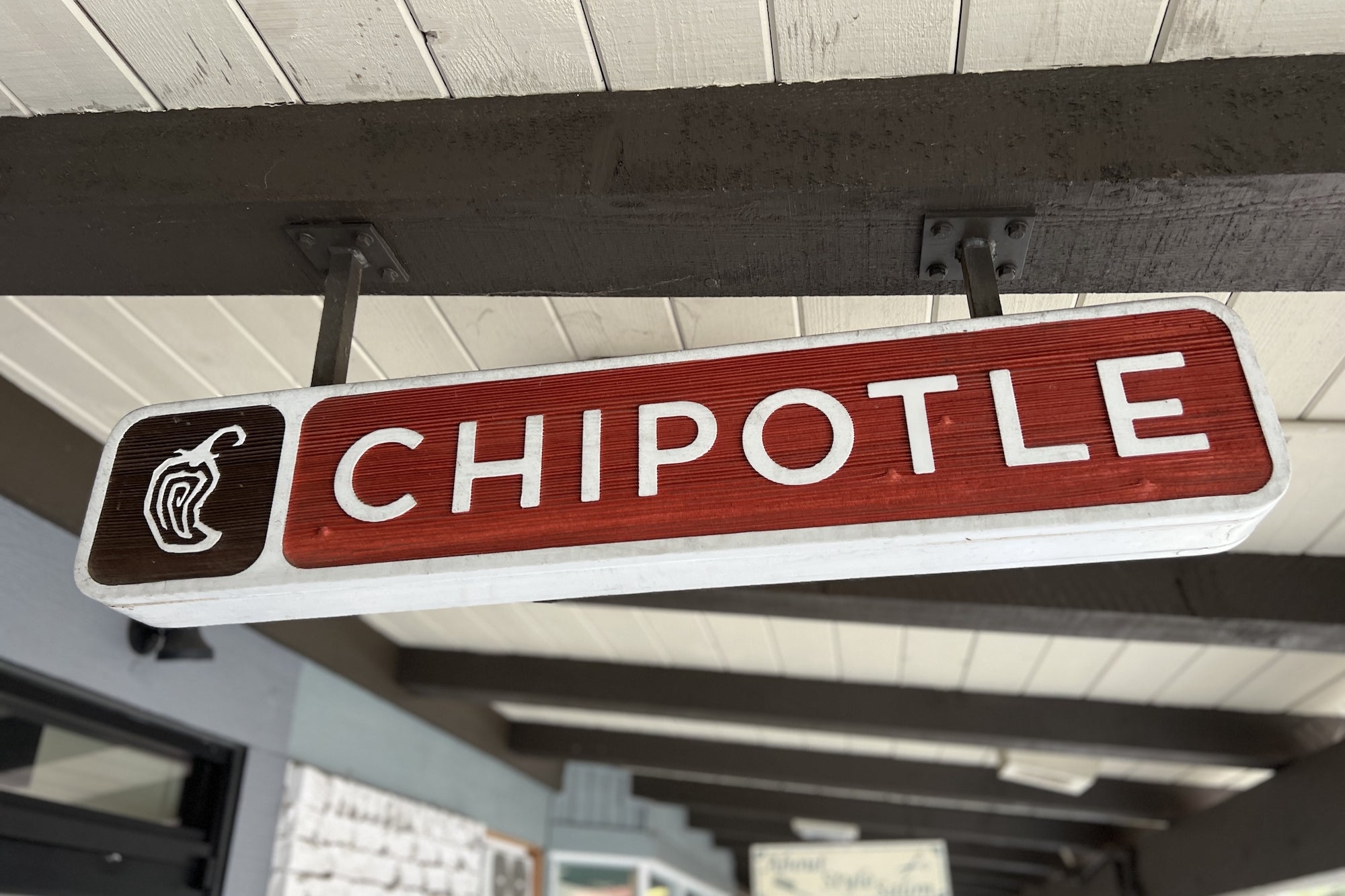The Money Metric You Might Not Know -- But Should Think you'll run out of money before you turn a profit? Then do this.
By Sam Hogg
This story appears in the November 2016 issue of BIZ Experiences. Subscribe »

Paul Graham, founder of the accelerator Y-Combinator, coined a term every startup should know: default dead. It is a pretty simple concept. Assume that your expenses and revenue growth remain constant, and now fast-forward into the future: Will you run out of money before you turn a profit? That means you're default dead. (And if you will escape the red before running out of cash, congrats: You're default alive!)
Related: 4 Fast Ideas to Rapidly Grow Your Revenue
This isn't just an academic exercise. Go ahead and graph your monthly expenses and revenue over time, and find the point where they (hopefully) intersect and you become cash flow positive. The amount of money needed to get there -- between now and profitability -- is the amount you need to secure from investors or other funding sources. And until you can get that funding, you'll need to concentrate on growing revenue and keeping your operation running on the cheap. By carefully monitoring this graph, a default dead company can track its performance on a month-to-month basis and react to negative changes, such as the breakeven date suddenly moving from one year to two years.
The VC firm I work for has invested in two Y-Combinator companies, and I noticed that these startups evaluate this metric constantly to help them prioritize their time and brainpower. After all, few can rely on a bottomless cash hoard like Uber does with its $8.71 billion raised. The rest have to take their short-term future seriously. I've been particularly impressed by how these Y-Combinator companies know their respective default dead status and its fluidity. This keeps their teams aware that, unless important changes are made, their operations right now aren't sustainable. They may even need to chuck their original business model and go in a new direction. They understand, better than most startups I've seen, that revenue forecasts five to 10 years in the future are great to drool over, but they mean nothing if the money runs out in the next two years.
Related: 4 Steps To Help You Manage Your Operating Cash Flow Statement
So when you find yourself starting a company where expenses exceed revenues -- which is pretty much every startup in history -- make sure you evaluate and pay attention to this important status. If you realize you're going to be default dead for years and years (or decades, in the case of Amazon), your daily priority should be running a lean operation and soliciting more investment. Don't bother deciding how much to spend on the company holiday party.
Save that decision for the year you become default alive.









